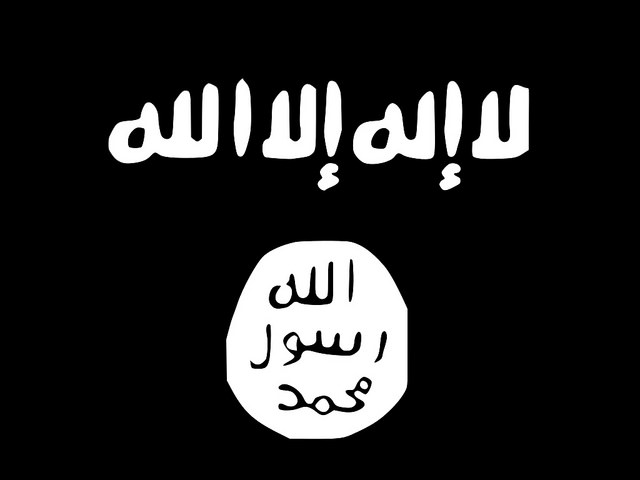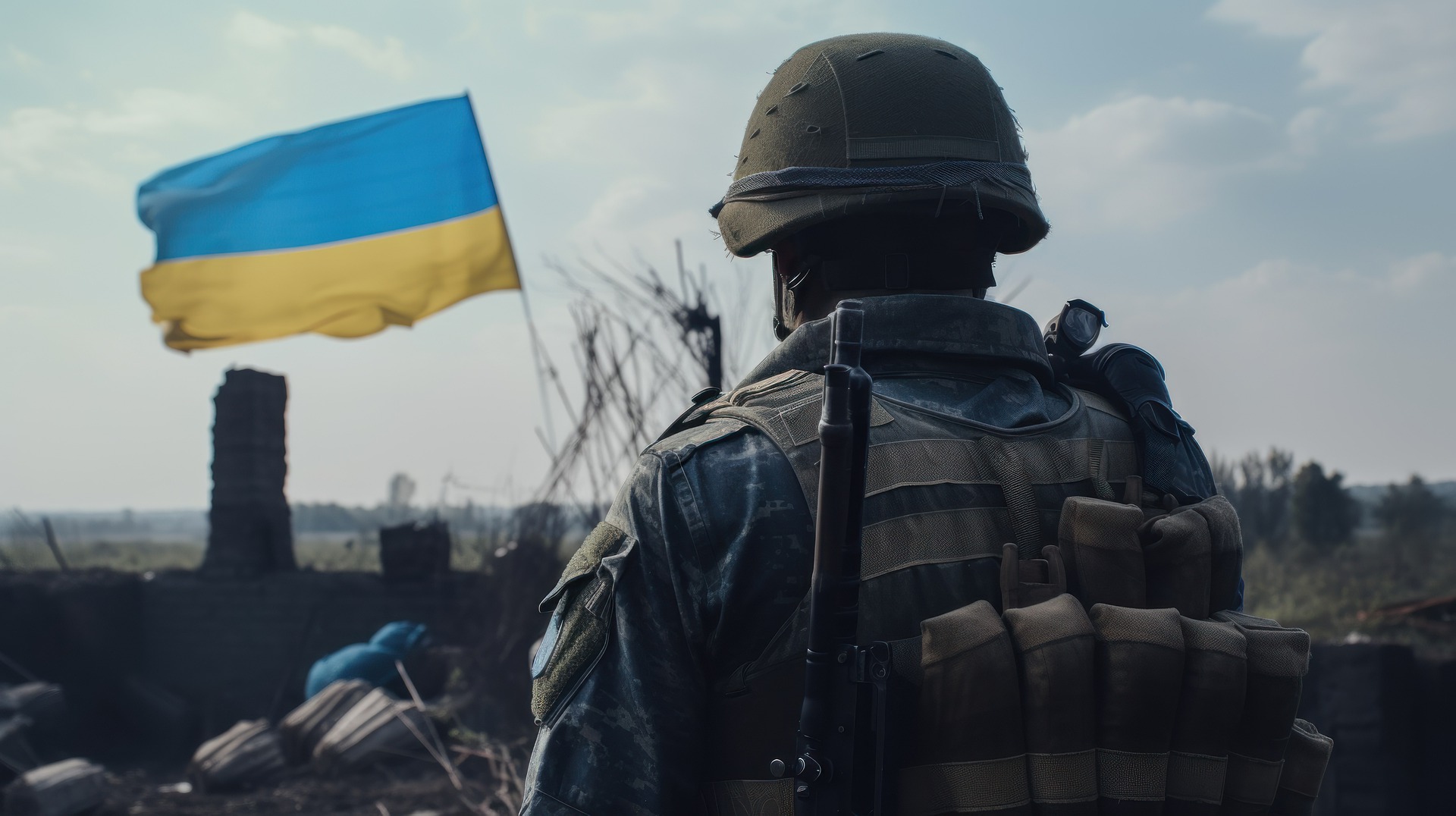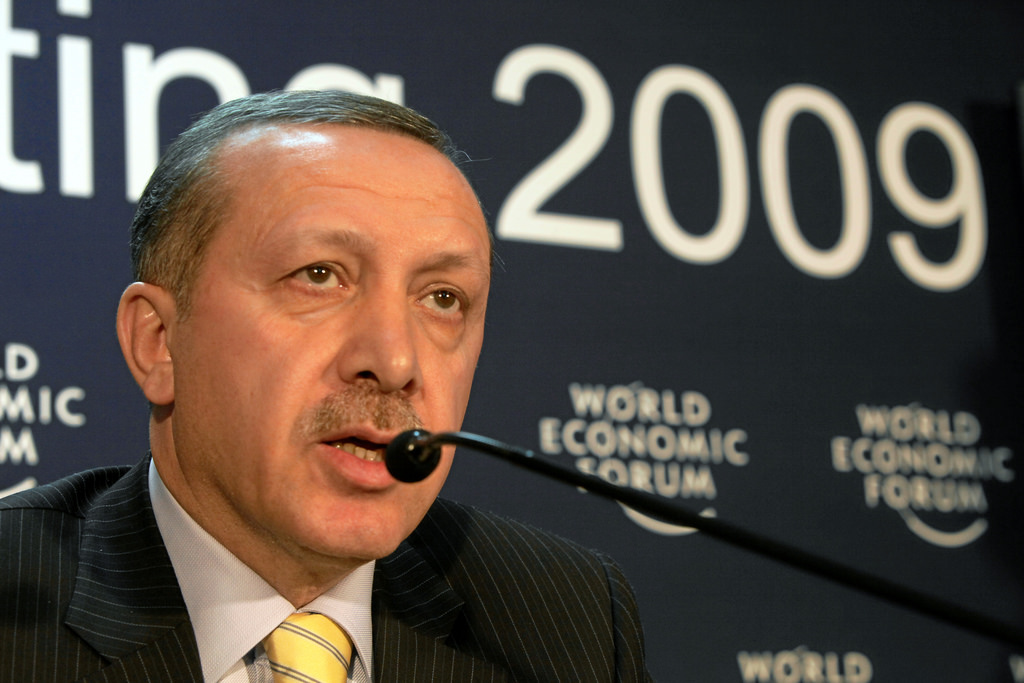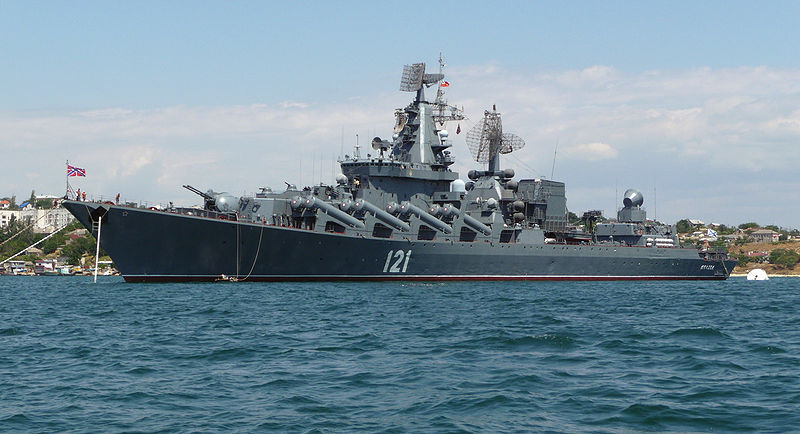Guest Post by Megan Stewart for Denver Dialogues
As it conquered territory throughout Syria and Iraq, the Islamic State (IS) has appeared to focus on governance, providing everything from education and healthcare, to municipal services like sewage and trash collection. And the Islamic State’s social service provision seems to be something the group cares about. IS uses its governance to distinguish itself from other jihadist groups, and the plurality of the group’s propaganda emphasizes its governance activities and civilian life. Put simply, the Islamic State wants people to know just how state-like it can be. Although IS seems to be living up to the “state” part of its name, appearances can be misleading.
In actuality, IS’ governance is not particularly distinctive or unique. In fact, it’s really quite poor. Both Politico and the New York Times have recently chronicled the Islamic State’s struggles with social service provision. These governing challenges are surprising because the Islamic State’s service apparatus is less expansive and robust than other insurgencies both past and present. This is especially true when comparing the Islamic State to other rebel groups that, like IS, have sought to become a state.
Like the Islamic State’s violent tactics, the Islamic State’s governance most closely resembles the provision of social services by Cold War communist revolutionaries who used these services as tools to convert potential supporters (peasants and workers) into active collaborators. Because the Islamic State seeks to cultivate stronger ties with local populations, it uses social services as selective incentives to achieve its mobilization ends. The group primarily targets its services only to Sunni Muslims who actively support, or may be likely to support and tolerate, the organization. One man who initially opposed IS changed his mind when the group paid for his brother’s wedding. According to Will McCants, “rather than distribute its wealth equitably or invest in infrastructure and jobs, the Islamic State gave money, fuel and food to people who cooperated with it.” And IS tends to kill or expel anyone who does not share its ideological position. Taken together, this means that IS provides club goods, channeling services to specific co-religionists in the Islamic State’s in-group.
But the Islamic State’s service provision is actually not that impressive, especially in contrast to other historical and contemporary insurgencies that want to be states and establish self-rule. Unlike IS, after gaining territorial control, insurgencies that want to become independent, internationally recognized sovereign states (i.e. secessionist insurgencies) provide public goods, meaning they provide services to all people. To gain recognition of statehood, secessionist insurgents need to generate domestic and especially international legitimacy for their claim of sovereignty. One way secessionist rebels generate this legitimacy is by providing services to all people in the territorial space they claim as independent, regardless of gender or political, religious or ethnic affiliations. States provide public goods—social services to all people—and secessionist rebels who want to become states mimic this public goods provision. Even if IS successfully purged its territorial holdings of everyone unlikely to support the group, it’s not clear that the Islamic State would provide public goods. Like the Taliban, the Islamic State has also begun shuttering hospitals and clinics for women. Although women have been critical assets to IS, because it believes that only female doctors can take care of female patients, gynecology practices run by men have begun to close. Because club goods provision is a useful recruitment tool, it suggests that IS may prioritize mobilization for violence and conquest over becoming the legitimate governing authority of a particular space.
The People’s Protection Units (YPG) and its governing arm, the Democratic Union Party (PYD) is an illustrative example of a more typical secessionist insurgency’s public goods provision. These organizations operate just to the north of IS-controlled territories. The YPG describes itself in terms that reflect the diversity of the territory it controls: “a national legitimate, multi-ethnic and multi-nationality military institution of sons and daughters of the components of the region.” Though not a full-fledged secessionist movement, the Syrian PYD has declared an autonomous Kurdish government and in so doing, has also begun to develop and administer democratic and social welfare institutions. The people of the Kurdish region of Rojava are rebuilding their neighborhoods and cities as a radically egalitarian, feminist society, complete with classical democratic governance. They have even promoted and celebrated Syrians’ diversity in their schools. This is not to say the PYD’s governance is perfect or to condone Kurdish actions against civilians (and the PYD claims it has taken steps to correct their actions). But rather, the Syrian Kurds’ general inclusivity and provision of public goods stands in stark contrast to the brutal, restrictive governance of their southern neighbors, the Islamic State.
Second, although IS propagandizes its governance activities, it has not been able to consistently defend territory, often retreating from the cities it controls when under fire. As a result, civilians in more populated areas are left unprotected and unsecured. And although IS propaganda would have people living in its territories and abroad believe differently, the group is more focused on fighting and violence than governing. Some have argued that IS legitimacy does not derive from its statecraft, but rather its military success. The way IS limits its service provision privileges this explanation. This again stands in stark contrast to historical and contemporary secessionist insurgencies that, like the Islamic State, want to become states, but unlike this group, invest deeply and extensively in governance activities, recognizing them as a critical source of legitimacy.
This means that the Islamic State is actually worse at being a state (or governing authority) than other rebel groups, past or present, and is less state-like than it seems. This is not to say the group is poorly organized or that it is unable to efficiently administer the territories it controls. Rather, the Islamic State more closely resembles the behaviors of communist revolutionaries (like National Liberation Front of Vietnam or the FARC in Colombia) that used their club goods to mobilize combatants in order to overthrow their respective governments than secessionist rebels (like the Karens in Myanmar or the Eritrean People’s Liberation Front) who use(d) their public goods in order to be recognized as states.
If the Islamic State is a state, it is not a very good one. Even in comparison to other insurgencies that have also sought to become states, IS governance and administration is limited and inadequate. This means two things. First, as military pressure against IS intensifies, its governance will likely to get worse. However, this poor and restrictive governance enfeebles IS, and as Eli Berman and Jake Shapiro have argued, it could even serve to be the Islamic State’s undoing. Second, the academic debate about whether IS is a state or an insurgency is not especially useful because it assumes that these two types of political authorities are mutually exclusive. IS has developed some state-like institutions, but it nonetheless resembles communist revolutionary insurgencies. At the same time, we have no difficulty classifying as “insurgencies” rebel organizations that are states in all but name.
Megan A. Stewart is a Ph.D. Candidate in International Relations at Georgetown University and a Predoctoral Research Fellow at the Brookings Institute.








3 comments